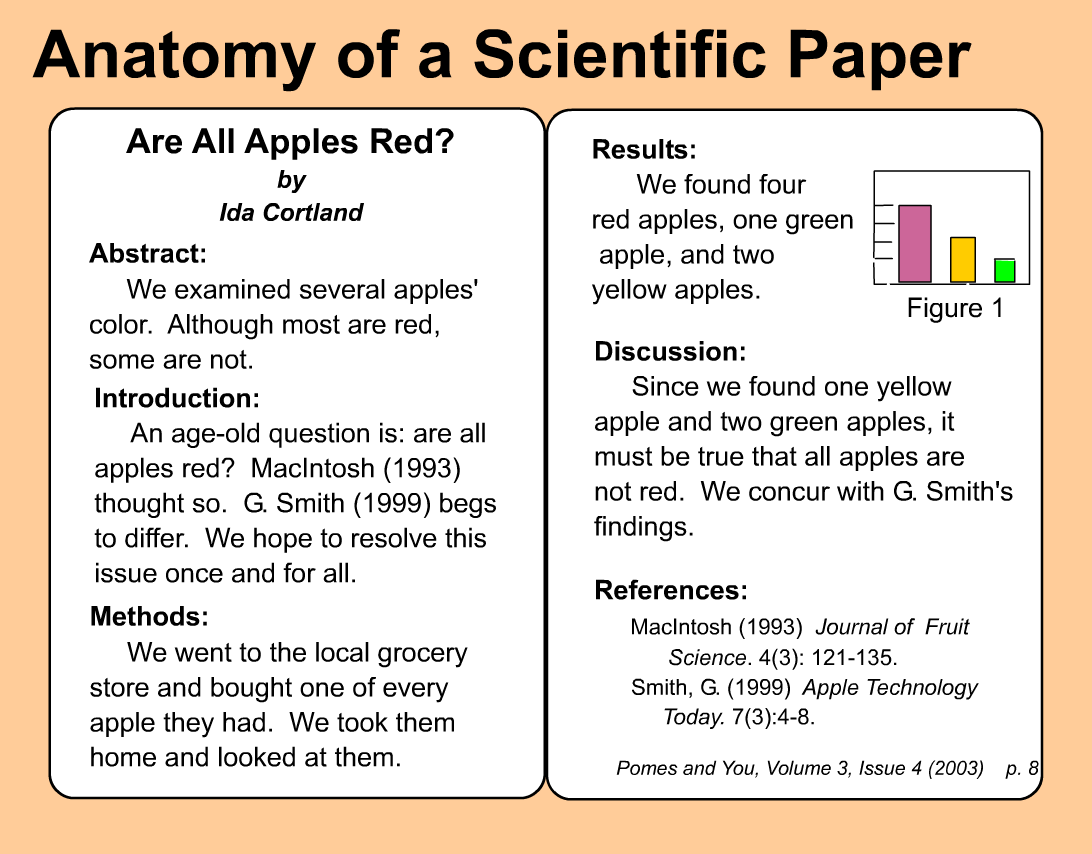
Use this to chat with a librarian during normal service hours. If a librarian isn't currently available, we invite you to email us at wccref@hawaii.edu
Help Desk 808-235-7338
Circulation Desk 808-235-7436
Email wccref@hawaii.edu
Visit us in Hale Laʻakea

From How to Read a Scientific Paper by Michael Fosmire of Purdue University. CC BY-NC-SA
 DO NOT READ THE ARTICLE STRAIGHT THROUGH
DO NOT READ THE ARTICLE STRAIGHT THROUGH
1. Read the abstract.
TIP: The last sentence will have the research question or hypothesis.
2. Read the Discussion/Conclusion
TIP: Read word for word and take notes.
3. Read the introduction.
TIP: This will give you the context to understand the conclusion.
5. Skim the reference list/bibliography
TIP: This will lead you to more resources for your research.
Adapted from How to Read a Journal Article in 10 Minutes or Less by David Taylor